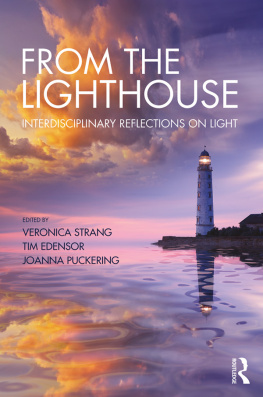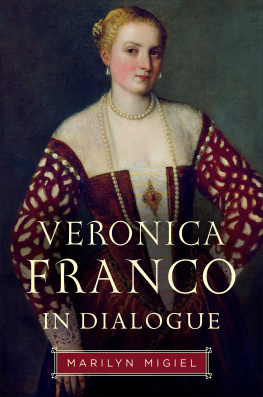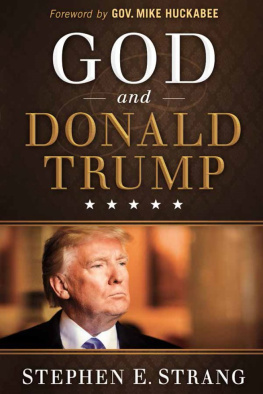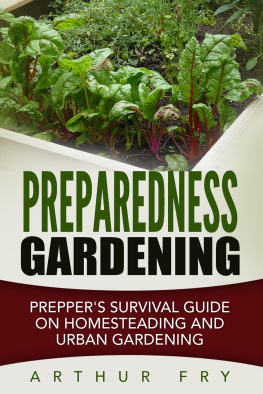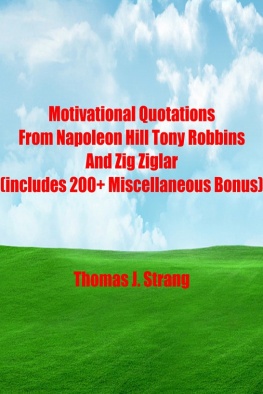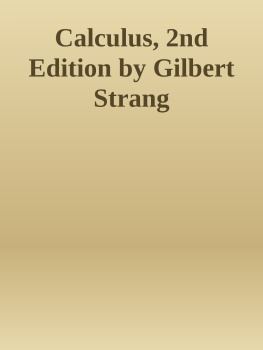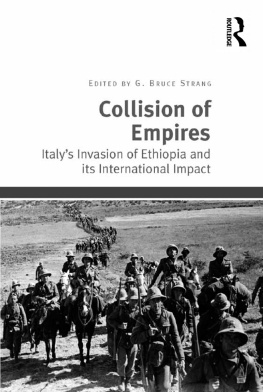First published in 2009 by
Berghahn Books
www.berghahnbooks.com
2009, 2013 Veronica Strang
First paperback edition published in 2013
All rights reserved. Except for the quotation of short passages for the purposes of criticism and review, no part of this book may be reproduced in any form or by any means, electronic or mechanical, including photocopying, recording, or any information storage and retrieval system now known or to be invented, without written permission of the publisher.
Library of Congress Cataloging-in-Publication Data
Strang, Veronica.
Gardening the world : agency, identity and the ownership of water / Veronica Strang.
p. cm.
Includes bibliographical references and index.
ISBN 978-1-84545-606-1 (hardback : alk. paper) ISBN 978-1-84545-940-6 (institutional ebook) ISBN 978-1-78238-130-3 (paperback : alk. paper) ISBN 978-1-78238-131-0 (retail ebook)
1. Water resources developmentAustralia. 2. Water supplyAustralia. I. Title.
HD1700.A1S78 2009
333.9100993dc22
2009015809
British Library Cataloguing in Publication Data
A catalogue record for this book is available from the British Library
Printed in the United States on acid-free paper.
ISBN: 978-1-78238-130-3 paperback ISBN: 978-1-78238-131-0 retail ebook
ACKNOWLEDGEMENTS
The research on which this book is based was funded by the Australian Research Council, with some further assistance from the University of Auckland, and I am grateful for this support. It was conducted as part of a collaborative project with Associate Professor Sandy Toussaint, who is both a generous colleague and a stalwart friend. The research was further facilitated by an honorary fellowship at the University of Western Australia, and a similar fellowship at the University of Queensland provided me with a hospitable base during my fieldwork.
I would particularly like to thank Professor Kay Milton, who kindly read a draft of the text and offered much sage advice. Colleagues at the University of Auckland also offered some insightful feedback, as well as creating a collegial academic context in which to work. Members of the Aboriginal community in Kowanyama continued, as they have since 1982, to provide generous hospitality and enthusiastic engagement with my research. And I would also like to thank all of the people along the Brisbane and Mitchell Rivers who participated in this project and showed a lively interest in its progress. Many were extraordinarily generous with their time, their thoughts and sometimes farm produce. I have tried to ensure that their voices are clearly heard in the text.
Last, but far from least, I must thank my old Boot in Brisbane, John Trude, who for thirty years has remained unfailingly willing to provide friendship, a roof, and regular steak and chips.
INTRODUCTION
Water Garden
There went up a mist from the earth, and watered the whole face of the groundAnd the Lord God planted a garden, eastward in Eden.
Genesis 2:67
Figure 1
The Brisbane River at Caboonbah.
The Mirage
There is a garden in the mind's eye: a vision of a perfect world; a productive, well-fed, well-watered world in which societies coexist amicably; in which ecosystems are allowed to maintain themselves and all of their extraordinary intricacies; in which resources are only used at a rate that can be replenished; and in which the words starvation, conflict and extinction do not exist. This image, in myriad cultural forms, hovers like a mirage on the edge of the human imagination, sometimes inspiring hope that with enough striving it can be reached; more often engendering concern that humankind is on a road that doesn't go there.
This book is about the imperative to garden the world that though it may have this perfect vision in mind has spiralled into a seemingly relentless desire for growth and expansion: a desire that is leading, inexorably, to an ecological crisis. It is about the things that, for most people, are simply more important, more seductive and more urgent. Most particularly, it is about water, and how this striving for growth has created an unquenchable thirst, draining rivers and aquifers dry, and causing societies to compete for water not only with each other, but also with the environment itself. Water lies at the heart of all development; indeed, little can happen without it. It is integral to people's abilities to have agency, to generate wealth and to direct social, economic and political events. It is, in other words, essential to every diverse cultural effort to garden, in an equally varied range of ecological contexts. Some cultural and subcultural groups garden more lightly (and thus more sustainably) than others. Comparing a range of land and water users, this book considers the beliefs and practices that lead to different forms of environmental engagement.
As water scarcity becomes a reality in many parts of the world, resources are increasingly the subject of social and political conflict, most particularly where freshwater sources cross international boundaries. Even within nations there are rising tensions over the control and ownership of water. There is competition for water allocations between rural and urban users, between indigenous and nonindigenous groups and between industrial and recreational water users. (Bakker 2003; Mosse 2003; Pearce 2006; Strang 2001a, 2009). Many analysts now believe that water will soon follow or overtake oil as a source of conflict.
Globally, agricultural water use increased five-fold in the twentieth century: two to three times the pace of population growth. Ohlsson (1995) points out that soils are being eroded, salinated and made unproductive faster than new soils can be brought under the plough. There is now a shortage of new land suitable for irrigated agriculture, and the amount of irrigated land and grain produced per capita has been falling since the 1980s. Water abstraction (along with the clearing of land for agriculture) is a primary cause of habitat loss and the reported extinction, worldwide, of one hundred species a day (Vandeman 1998: 66). Groundwater tables are declining, and many rivers are utilized to the point where they no longer reach the sea:
Figure 2
Mural at Community Justice Centre, Kowanyama.
We have come to a point where water scarcity is increasingly perceived as an imminent threat, sometimes even the ultimate limit, to development, prosperity, health, even national security. (Ohlsson 1995: 4)
The world is running out of fresh water . Already the social, political and economic impacts of water scarcity are rapidly becoming a destabilising force, with water related conflicts springing up around the globe. (Barlow and Clarke 2003: 6)




 The Brisbane River at Caboonbah.
The Brisbane River at Caboonbah.
 Mural at Community Justice Centre, Kowanyama.
Mural at Community Justice Centre, Kowanyama.
